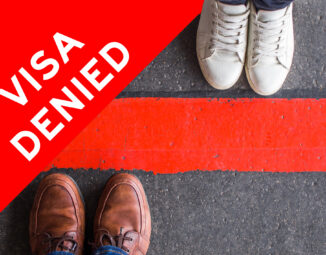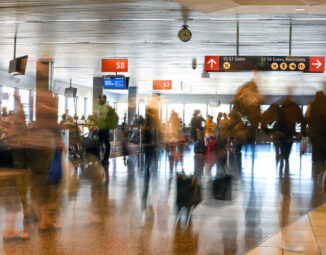Coronavirus Saga: United States Suspends Entry into the U.S. of Foreign Nationals who have been in the Schengen Area (Parts of Europe) for the Next 30 Days; U.S. Citizens and Permanent Residents also Impacted
President Trump has signed into force a new Presidential Proclamation that severely restricts the entry of certain foreign nationals into the U.S. in connection with the ongoing coronavirus pandemic. The proclamation goes into effect at 11:59pm on March 13, 2020, and the travel restrictions are currently set to be in place for a period of 30 days, though this is subject to change. This post is based on currently available information and we note that the Dept. of State has yet to release specific guidance as of the time of publication. Thus, it remains unclear how visa processing at U.S. Embassies/Consulates abroad will be impacted. Individuals with scheduled visa appointments will likely be contacted by the consular post with specific information about their case.
Pursuant to the proclamation, any foreign nationals—be them immigrants or non-immigrants—who have been in the following Schengen Area countries (parts of Europe—see below) during the past 14 days are prohibited from coming to the U.S. during the next 30 days, unless they fall into one of the enumerated exemptions discussed below. The United Kingdom is not included in these countries. Note that this proclamation is not in function of a person’s nationality, but rather, whether she was physically in one of the following Schengen area countries:
- Austria
- Belgium
- Czech Republic
- Denmark
- Estonia
- Finland
- France
- Germany
- Greece
- Hungary
- Iceland
- Italy
- Latvia
- Liechtenstein
- Lithuania
- Luxembourg
- Malta
- Netherlands
- Norway
- Poland
- Portugal
- Slovakia
- Slovenia
- Spain
- Sweden
- Switzerland
There are several categorical exemptions to the application of the travel ban. The most common exempted classes include the following, but you should consult with your Obermayer immigration counsel for additional specific exemptions:
- U. S. citizens and lawful permanent residents (“green card” holders);
- Spouses and most immediate relatives (as defined by immigration laws) of U.S. citizens and permanent residents;
- Members of the U.S. Armed Forces and their spouses and children;
- Crew members; and
- Diplomats and U.N. representatives.
Impact on U.S. Citizens and Lawful Permanent Residents Currently Abroad
The Dept. of State has announced that U.S. citizens and legal permanent residents will be permitted to return from the European Schengen area. The Department of Homeland Security will be issuing instructions requiring U.S. passengers that have been in the Schengen area to travel through select airports where the U.S. Government has implemented enhanced screening procedures.
As this is a quickly evolving scenario with several moving components, we encourage you to contact us for specific case analyses and advice.





